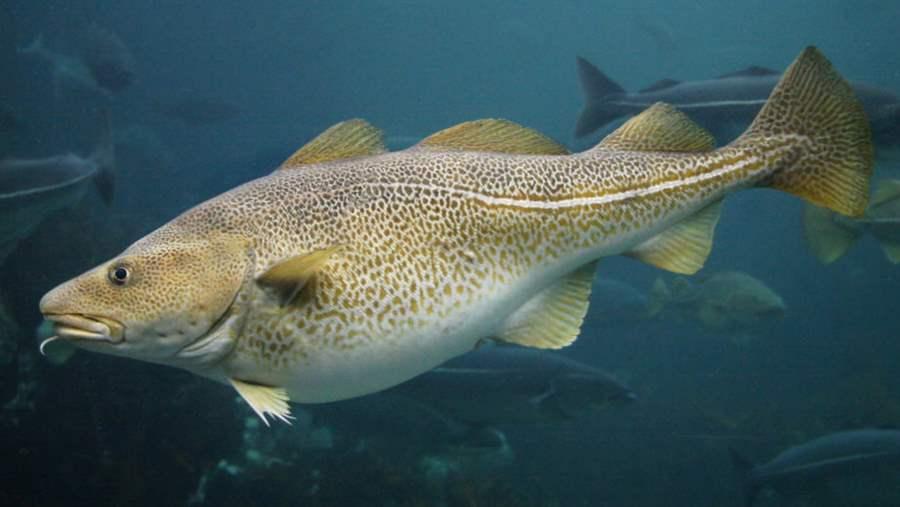The New York Times Sounds Alarm on Ocean Warming—Will Fisheries Officials Listen?
 Dieter Craasmann
Dieter CraasmannAtlantic cod
A recent headline in The New York Times sums up what many New England coastal communities have been wrestling with for the past few years: “Waters Warm, and Cod Catch Ebbs in Maine.”
The story explains the effects of the extraordinary rise in sea temperatures in the Gulf of Maine, which scientists have found to be warming faster than almost any other ocean waters on Earth. The stress from warming is likely making it harder for severely depleted Atlantic cod to recover from chronic overfishing, and other ocean species are also feeling the heat: Lobsters are changing their molting patterns, and southerly fish such as black sea bass are arriving in New England. These changes, the Times reports, are “upending an ecosystem and the fishing industry that depends on it.”
The piece concludes that the implications of this warming “should prompt the fishermen and regulators alike to plan for change before it arrives.” This is exactly what scientists have been telling New England’s fisheries managers to do in regard to an important decision that is pending.
Scientists say one of the best ways to help ocean life cope with the stress of warming waters is to protect the habitat these animals need. A 2012 report by the National Oceanic and Atmospheric Administration said minimizing the loss of habitat "may be one of the most effective, and doable, ways to increase resilience to climate change." The study determined that safeguarding ocean habitat should be a top goal for helping marine animals adapt.
Unfortunately, the New England Fishery Management Council has proposed a habitat management plan that, if approved by NOAA Fisheries officials, could actually result in a dramatic reduction in the total area of the region's protected ocean. In early December, some 135 prominent scientists voiced their concern about the plan in a letter, saying “the rapid deterioration of some critical fish stocks, combined with the rising stress from environmental change, makes reductions in habitat protection unwise and unsupportable.”
Protecting habitat isn't the only thing we need to do, of course. The scientific community is also working in other ways to help fishermen and coastal localities better understand and plan for the effects of a warming ocean. For example, researchers at Rutgers University, working with NOAA, have put the latest data about how rising temperatures are affecting fish into a web-based tool called Ocean Adapt. Users can search for a species and see how much that fish population has moved in depth or latitude as waters warmed. And scientists are meeting with New England fishermen in a series of regional workshops to talk about how they might put such information to use by anticipating changes in the location or behavior of sea life.
As the science about ocean warming becomes clearer, so does the need for action. We hope NOAA Fisheries will follow the scientific recommendations and protect the places fish and other ocean animals need for shelter, food, and reproduction. With cod numbers low and sea temperatures rising, healthy ocean habitat is now more important than ever.












